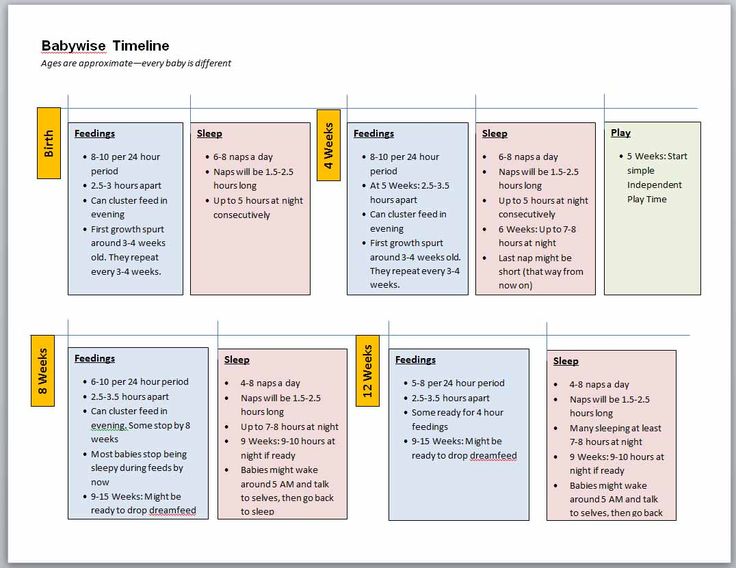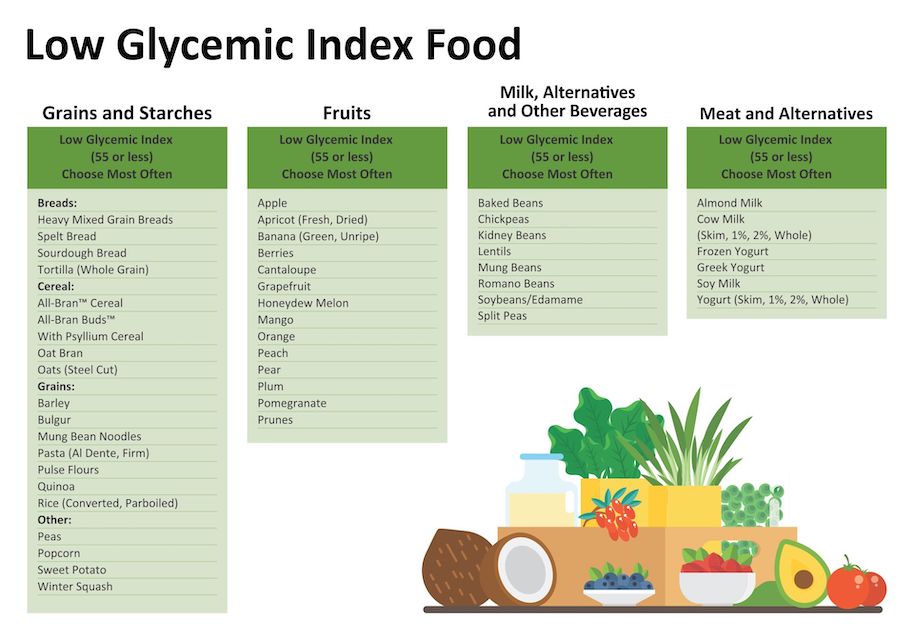My baby feeds every 2 hours at night
Newborn Feeding Every 2 Hours
Is your newborn feeding every 2 hours at night? Whether breastfed or formula-fed, lean how to stretch feedings and sleep a little longer.
Every 2 hours.
Almost on cue, your newborn will wake up after 2 hours screaming for yet another feeding. It doesn’t help when moms of other babies—even younger than yours—are stretching their feeds, sometimes up to five hours at night.
Yes, she’s still in the newborn stage, so you understand that her tummy is small and her sleep is erratic. But weeks, even months, into parenthood and your little one still wakes up every 2 hours on the dot.
And so, the questions pile on.
How can you get her to sleep in longer stretches? Is it normal for her to still feed so frequently, especially when others seem to go longer between feeds? Could you be doing something that’s holding her back instead of encouraging her to eat more?
How to handle your newborn feeding every 2 hours
Weeks and months after welcoming my first-born home, I still felt stuck.
Frequent feedings seemed more understandable in the early days, but when you’ve been doing this forever, it can feel depressing. I didn’t know when I’d ever get a full night of sleep again, and started to resent how often my baby nursed, especially at night.
In hindsight, I can see how short those weeks and months are compared to the grand scheme of things. But when you’re in that moment, every day can feel like an eternity, not knowing if or when life will feel normal again.
Rest assured mama, feeding every 2 hours is normal, not only in the newborn stage but I’d say throughout our lives. Think about it: even adults tend to eat in 2-3 hour chunks, with snacks eaten between meals.
But the biggest concern you likely have is the frequent feeding at night. Maybe you’re wondering when your baby will be able to eat mostly during the day and sleep at night. Because eventually, we all consume our calories during the day, even older infants. Why does it feel like yours is so far from that point?
Why does it feel like yours is so far from that point?
First, an important note: a newborn isn’t going to sleep the whole night just yet. I sleep trained my kids to go 11-12 hours straight only once they were well past the newborn stage. That said, what do you do when your little one is still too young to sleep train, but you want to encourage her to go longer between feeds?
Take a look at these steps you can try:
1. Don’t keep your baby awake too long
As a first-time mom, I assumed babies would sleep when they were tired. So, it wasn’t unusual for me to keep my baby awake for long stretches, unaware that he needed help falling asleep.
Only later did I learn that keeping him awake led him to feeling overtired and cranky. The result? Frequent wake ups between feeds and a more difficult time settling him back down.
In other words, there’s a good chance your newborn is waking up every 2 hours not out of hunger, but from feeling overtired.
Try not to keep her awake too long—90 minutes at most, and sometimes she’ll need to sleep as soon as 45 minutes after waking up.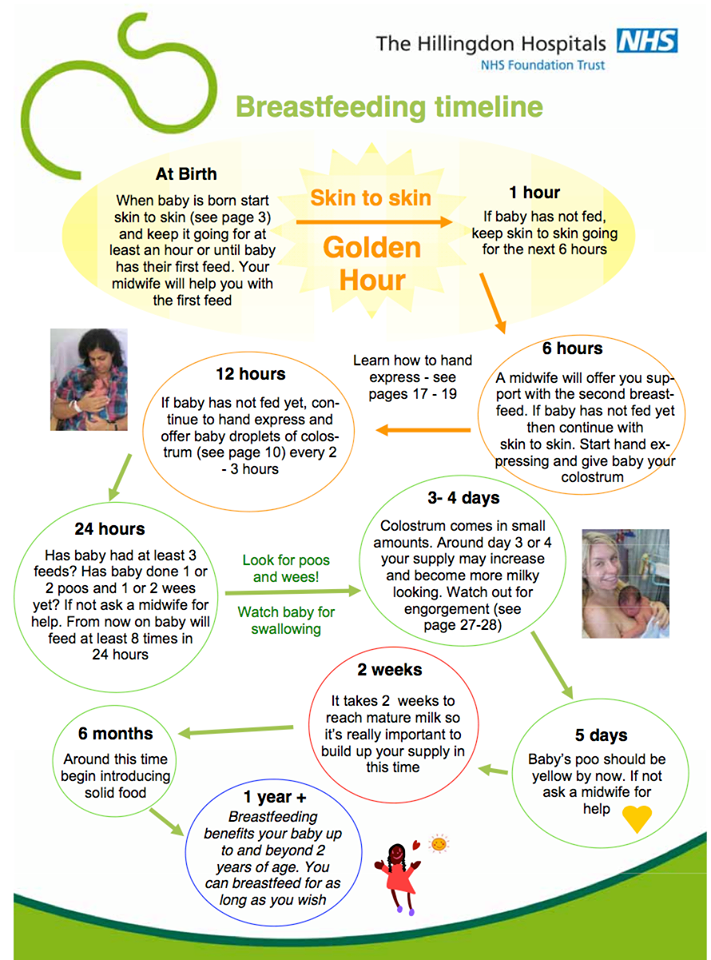
Free: Do you struggle with getting her to sleep? Her awake time just might be affecting how well she sleeps or not. Join my newsletter and get One Mistake You’re Making with Your Baby’s Awake Time—at no cost to you.
Don’t make the same mistakes I did—help her fall asleep with this one simple trick! Grab it below:
2. Feed often during the day
Feeding on demand is so important during the newborn stage, but tell that to any new mom and you might be met with dagger eyes. After all, it can be difficult to feel tied to your baby 24/7, especially if you’re the only one who can feed her.
But feeding on demand, especially during the day, ensures that she’s getting all the food she needs. Don’t try to cap her off or put her on a schedule. Instead, follow her lead and feed as often as she wants during the day.
And hopefully, by having fed plenty the whole day, she’ll have less of a need to wake up often at night. Don’t expect her to sleep through the night yet, but at least you’re filling her up during the day when she’ll start to take in most of her feeds down the line.
How to handle a newborn constantly feeding.
3. Feed extra before bedtime
The first stretch of sleep after bedtime tends to be the longest. This is when you’ll likely grab five hours of uninterrupted sleep compared to, say, four o’clock in the morning. Help your baby sleep longer for that first stretch by offering her a bit of extra food for her bedtime milk.
If you breastfeed, see if she’ll take a few extra minutes of nursing (or simply wait for her to pull away instead of putting a time limit). If you bottle-feed, try to add an extra ounce before setting her down for the night.
By topping her off with extra milk, you can ensure that she won’t wake up too soon after from hunger.
4. Dream feed
If you’re like most parents, you put your baby down for the night before your own bedtime. For instance, you might set her down at 7:30pm, then head to bed yourself at 10pm.
One trick that can pre-empt her first wake up is to offer a dream feed before you go to bed yourself. Let’s say you go to sleep at 10pm. Give her another feed at 9:30pm to top her off even further for the night. This allows you to feed her while you’re still awake and alert, and extends her feeding even more.
Let’s say you go to sleep at 10pm. Give her another feed at 9:30pm to top her off even further for the night. This allows you to feed her while you’re still awake and alert, and extends her feeding even more.
It’s okay if she’s groggy and half asleep as she feeds—there’s no need to wake her up all the way. This is more to give her a feed before she asks for it while you’re still awake.
Get more tips about dream feeding.
5. Make sure your baby is actually eating
Does it seem like your baby wakes up right after you had just fed her? There might be a chance she’s not even drinking at all, which could explain why she’s hungry so soon after feeding her. Instead of drinking, she might be half asleep and sucking for comfort, especially if she drifts off to sleep mid-feed.
How can you tell she’s eating? Listen for a swallowing sound—she should actually be gulping milk down. And look at her throat to see if it moves with each gulp. If you don’t hear a sound and her throat doesn’t move, she just might be moving her mouth and sucking.
If you suspect that she falls asleep, burp her mid-feed, talk to her, tickle her, and otherwise ensure that she stays awake while she feeds.
Learn how to stop your baby from snacking on the breast.
6. Give your baby a chance to settle
Newborns are notorious for making all sorts of sounds, even while they’re sound asleep. But back then, I’d sit up right away the minute my little guy made a peep (it didn’t help that he was in the same room as me). I felt compelled to scoop him up immediately, fearing that those sounds would escalate into full-on cries.
I’ve since learned that those sounds, and even the small whimpers and cries, can often settle on their own. The next time you hear your baby cry, try to discern the type of cry first. Does she sound like she’s complaining and whimpering, or is she angry and in need of your attention right away?
If it sounds like she might settle down, wait one minute. She might not be waking up out of hunger. This is also a little practice that will help her overcome small discomforts.
This is also a little practice that will help her overcome small discomforts.
Conclusion
A newborn feeding every 2 hours isn’t always easy to handle. Your baby finally falls asleep, only to rest for a short while before he seems hungry again. How can you get him to sleep longer at a time?
Don’t keep him awake too long, as frequent wake ups could be a result of feeling overtired. Feed often during the day instead of capping him at a certain time or by a particular schedule. Give him extra milk before bedtime and take advantage of that long first stretch of sleep.
Before heading to bed yourself, offer a dream feed to top him off for the night while you’re still awake and alert. Make sure he’s actually eating and not just sucking for comfort. And lastly, don’t feel compelled to respond right away—he might be asleep or making small sounds and eventually settle herself down.
You can do certain things to help you stretch those feedings at night—instead of waking up every 2 hours as if on cue.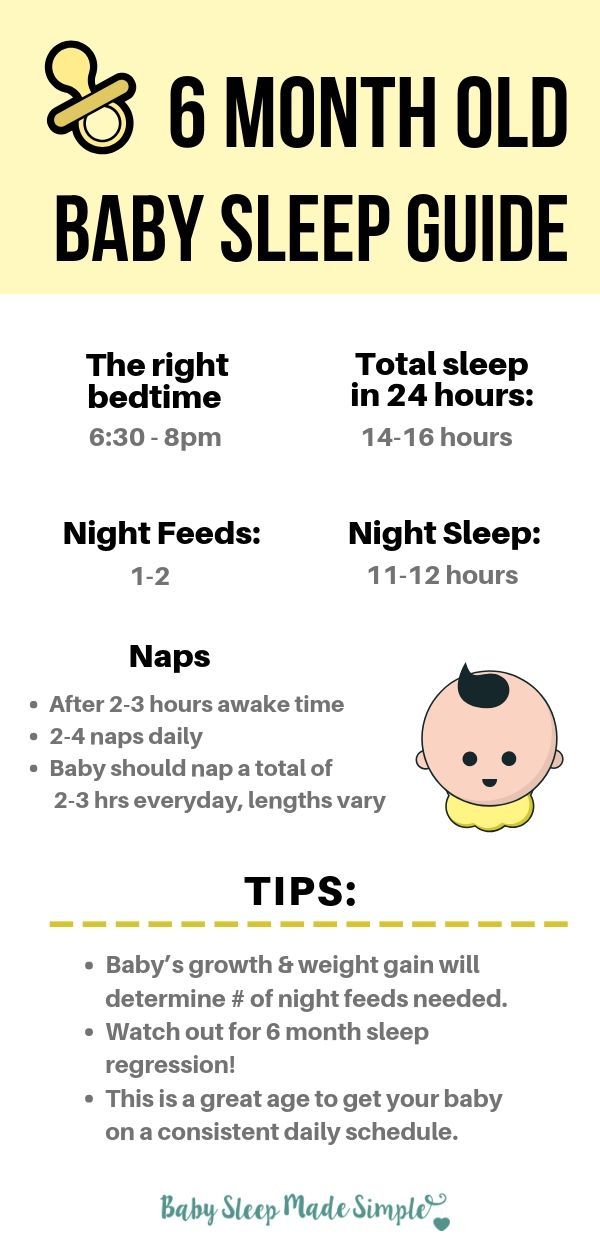
Get more tips:
- How to Get Your Baby to Adjust Using a Newborn Schedule
- 4 Reasons Your Baby Never Seems Satisfied After Breastfeeding
- Baby Feeding Every Hour (And Not Sleeping, Either)?
- 11 Ways to Cope with Newborn Sleep Deprivation
- 12 Things to Do When Your Newborn Fights Sleep
Don’t forget: Join my newsletter and get One Mistake You’re Making with Your Baby’s Awake Time—at no cost to you:
Up Every 2 Hours-HELP! How to Drop Night Feedings • The Baby Sleep Geek
“Dear Baby Sleep Geek- My baby is waking up every 2 hours and the only way I can get her back to sleep is to nurse her. She doesn’t even seem hungry. She only nurses for about 3 minutes and falls asleep but then she is up again 2 hours later—wash, rinse, repeat!!”
I get a variation of this email all.the.time. And unless it’s a fresh newborn, chances are this little one has a nurse-to-
sleep association or learned hunger. How do you solve this common yet exhausting problem?
How do you solve this common yet exhausting problem?
Build Independent Sleep First
If you know me, you know I am pretty conservative about using sleep training to drop necessary night time feedings. Sleep training isn’t designed to do this, but to build independent sleep. So, the absolute first step you need to do is ensure your baby is going to bed “ready but awake” at the beginning of the night. Babies who go down awake at the beginning of the night independently are much more likely to be able to fall back to sleep after normal night wakings without the help of nursing. The best way to do this is to move the nursing or bottle to the very start of the bedtime routine.
“I did that. My baby is still waking for night feedings.”
Your Baby May Actually Need the Night Feeding
First, assess which night feedings are age appropriate. Night feedings in babies under 9 months are common and may be biologically appropriate. But feedings every 2 hours at any age or night feedings after 12 months old rarely are. Chances are your baby has “learned hunger” or a nurse to sleep association. Your baby has become accustomed to frequent small meals throughout the night or now depends on the feeling of eating to fall asleep.
But feedings every 2 hours at any age or night feedings after 12 months old rarely are. Chances are your baby has “learned hunger” or a nurse to sleep association. Your baby has become accustomed to frequent small meals throughout the night or now depends on the feeling of eating to fall asleep.
Night Weaning Options
I recommend dropping night feedings one at a time, unless your baby is over 9 months old. Since the first half of the night is when your baby has the deepest sleep, I recommend cutting the early feedings first which allows your baby a longer stretch of restorative sleep during the part of the night when he naturally sleeps more deeply. You have a few options for dropping unnecessary night feedings:
Option 1: Switch to a bottle.
I often recommend this as a first step regardless of what night weaning method you choose next. Have dad or non-breastfeeding partner give your baby a bottle. This is sometimes all you need to drop feedings. If baby isn’t rewarded with a warm snuggle at the breast by mom, baby just figures it isn’t worth the trouble—no offense to dad or the non-breastfeeding partner.
If baby isn’t rewarded with a warm snuggle at the breast by mom, baby just figures it isn’t worth the trouble—no offense to dad or the non-breastfeeding partner.
Option 2: Reduce the volume.
The strategy you use will vary depending on whether you are nursing or bottle feeding at night. Both methods take about 1 week, but can be sped up or slowed down at any time depending on your comfort level and your baby’s response to change.
If You Breastfeed at Night
Reduce the length of time your baby is nursing for each feeding, starting with the first feeding of the night. For example, if your baby usually nurses for 15 minutes, you can slowly reduce that by 2 minutes every night. Once you get to 3 minutes, you can drop the feeding completely the next night. If you are dropping another feeding, you can then move on to that one. The downside of this method is that your baby may not be happy to be pulled off your breast before he’s finished using it as a sleep aid.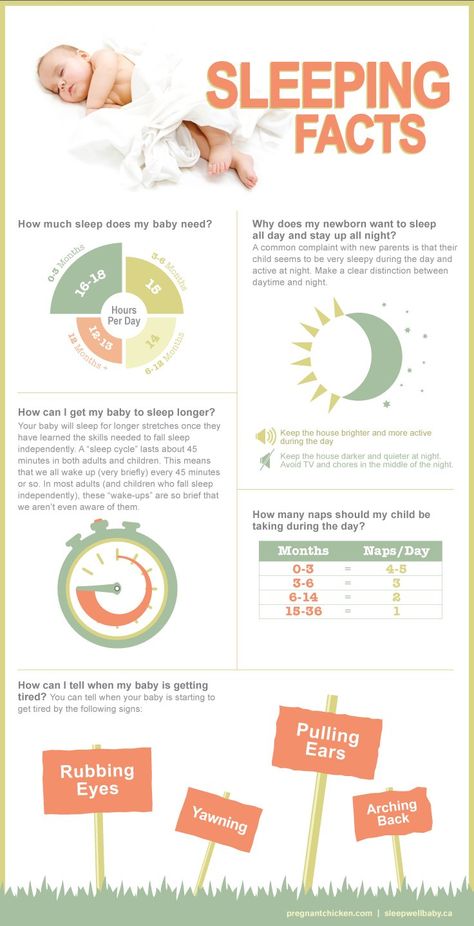 The benefit of switching to a bottle first means you can reduce the volume of feedings over time which tends to be easier on baby.
The benefit of switching to a bottle first means you can reduce the volume of feedings over time which tends to be easier on baby.
If You Bottlefeed at Night
Reduce the ounces in each bottle feeding, starting with the first feeding of the night. For example, if your baby usually drinks 5 ounces, you can slowly reduce that by ½ an ounce every other night. Once you get to 1 ounce, you can drop the feeding completely and move on to the next feeding.
Option 3: Push feedings later.
You can also push the first feeding of the night later by 15 minutes every other night. As you do this, the 2nd feeding should eventually be pushed into the morning hours, essentially dropping it as it becomes the first feeding of the day.
Option 4: Go cold turkey.
I recommend this method only when it’s pretty obvious that your baby is not taking in a lot of milk during these feedings. In these cases, dropping the feedings won’t impact overall calorie intake and breastmilk supply.
If he is gulping away the ounces from a bottle or you notice your breast empty a lot during night feedings, going cold turkey is like asking your baby to drop a full meal out of the blue. He’ll be hungry—and LOUD. Save yourself the stress and use a more gentle method to wean off each feeding slowly. It may take longer, but you’ll spend less time crying with your head under your pillow.
Get More Help
Dropping night feedings can be challenging, especially if you are breastfeeding and concerned about your supply. If you need help managing the transition, a sleep consultant with experienced in lactation (like me!) can help you improve sleep while protecting the breastfeeding relationship. Contact me if you’d like help!
The child should not | Medical Center
At the moment, services are being re-evaluated, please check with the administrator by phone for details and exact prices. Thanks for understanding!
Medical Center
8(495)741-10-01
Alekseevskaya metro station, Prospekt Mira, 102, building 23
Paveletskaya metro station, 3rd Monetchikovsky pereulok, 16, building 1
daily
08:00 - 20:00
Personal account
Show on map
Pediatrician Anastasia Turchinskaya as a lawyer for babies.
The child should NOT:
- sleep through the night. Night feedings are an important part of the diet. It is absolutely normal that the baby asks for food at night every three, two, or even half an hour. Attach the baby to the chest, especially since more prolactin and oxytocin are produced at night - hormones that provide breastfeeding.
- to be in the crib, not in the arms. Wanting to be held is a normal desire of a child! The instinct that allowed mankind to survive. And although we now do not live in caves and there are no saber-toothed tigers around us, the need to be in the hands of an adult is still basic! So the child is calm, and, therefore, can explore the world, grow and develop.
- is on schedule. The best diet for babies - on demand. The volume of the stomach of the newborn is small. It is normal that the child asks for food every 2 hours, even every half an hour! Breastfeed your baby every time he wants to.

- poop once a day with yellow poop. The child's stool for breastfeeding can be both every time after feeding, and every few days. Stool color is not permanent and changing from yellow to brown to green is normal! The main guideline is weight gain and good health.
- be convenient. Children of the first year of life are very demanding. They need parents around the clock. Postpone all things to an older age, devote your attention and time to the child.
- always be healthy. Snot, cough, diarrhea, fever and other manifestations of SARS not only can, but should be in all children! When sick, the child builds up his immunity. Yes, the disease is scary and unpleasant, but it's normal!
- don't cry. In the first months, the only way a child communicates with the world is crying. Soon you will learn to recognize by "intonation" what exactly the baby wants, but for now, take him in your arms and attach him to your chest.
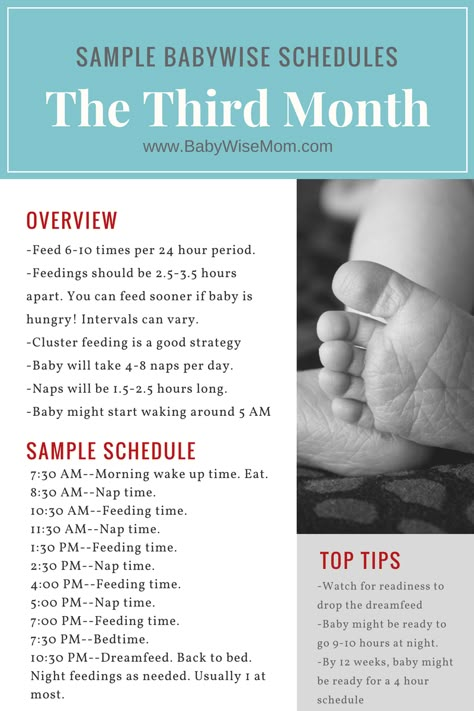
- be predictable. Each child grows and develops according to his own norms, rarely when they coincide with tables and textbooks.
We agree that it is difficult for young parents to notice a developmental disorder. Therefore, our pediatricians are always in touch and ready to help with professional advice!
Author:
Turchinskaya Anastasia
Below are the appointment days and hours of the specialist. After you leave a request, we will contact you to clarify the record.
time8:008:309:009:3010:0010:3011:0011:3012:0012:3013:0013:3014:0014:3015:0015:3016:0016:3017:0017:3018:0018:3019:0019: 30
I agree to the processing of personal data *
Displaced feeding schedule: why does your baby eat all night and how to change it?
03/12/2017
124699
75
Feeding and sleep
3-6 months --9 months–18 months
Article
Natalya Trofimova
Natalya Trofimova
9,000Senior Sleep Consultant, Pediatrician
Mom of two daughters
Does your baby eat little or rarely during the day, but hangs on her chest for a long time at night or often asks for a bottle? This is called a "shifted feeding schedule.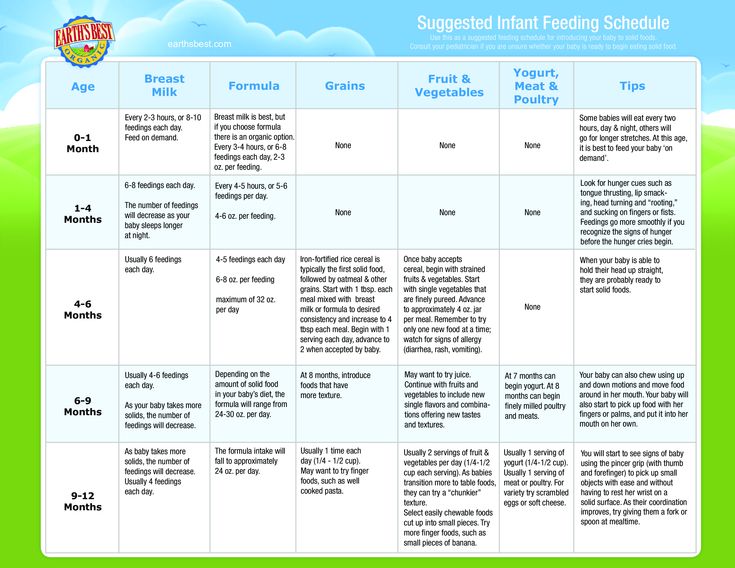 " With this organization of nutrition, the child receives the bulk of the calories at night. During the day, feedings are either short or rare, or the baby refuses the breast or bottle altogether. After six months, there may be difficulties with the introduction of complementary foods, especially with unformed nutritional interest.
" With this organization of nutrition, the child receives the bulk of the calories at night. During the day, feedings are either short or rare, or the baby refuses the breast or bottle altogether. After six months, there may be difficulties with the introduction of complementary foods, especially with unformed nutritional interest.
Child crisis calendar
Why is this happening?
- During periods of crisis in a child's development (a developmental leap, teething, an acute illness, any strong emotional experiences), a temporary and sharp increase in the number of feedings is normal, it just needs to be waited out.
- Babies in their first months of life can “mix day and night” and, accordingly, stay awake and eat mostly at night.
- Older children become interested in everything and are easily distracted during the daytime feedings, butting for a short time, because they have too many important things to do during the day.
- With the introduction of complementary foods, mothers sometimes begin to replace daytime feedings with breast milk or formula with low-calorie fruit and vegetable purees, and the baby has to “get” calories at night.

- Mixed-fed, when breast milk and formula are clearly separated by time of day. When breastfeeding only during the day, the baby may refuse the breast if he prefers a bottle that is given only at night. And vice versa, when feeding during the day with a mixture, and at night with a breast, if the baby prefers the breast.
- Breastfeeding mother works outside the home or is separated most of the day from the baby (even with the possibility of pumping). When sleeping together, the baby is often applied, replenishing contact and helping to stimulate lactation. This option is not bad as a solution, provided that co-sleeping is suitable for the family and everyone gets enough sleep.
Answer a few questions to understand if your feeding schedule is shifted:
- How many times does the child eat during the day and how, how many times does he wake up at night?
- Does he eat for a long time every night when he wakes up, are sips audible, or is it mostly short attachments with superficial sucking for a couple of minutes?
- Are the daily feeds long, does the baby let go of the breast when it is full, or is it often torn off and distracted?
- Can a baby fall asleep without breastfeeding or a bottle (both day and night) or is this the only way to fall asleep?
Frequent nightly "snacking" does not always indicate that the feeding schedule is shifted. If feeding is a way to relax and fall asleep, then when awakened at night between sleep cycles, the breast or bottle will again be required to fall asleep. This is an association with sleep, the way and habit of falling asleep.
If feeding is a way to relax and fall asleep, then when awakened at night between sleep cycles, the breast or bottle will again be required to fall asleep. This is an association with sleep, the way and habit of falling asleep.
What such feedings usually look like:
- The baby wakes up every 1–1.5 hours at night and asks for food, and during the day he usually eats after 3 hours, which means that he is unlikely to feel hungry.
- The child eats very little at night: he kissed his chest for a minute or a bottle, ate 10-20 ml and fell asleep - in this case, he does not have a goal to eat.
- If there is an association for sleep, but the daily appetite does not suffer, mother and baby get enough sleep, there is nothing to worry about. In order for the number of nightly awakenings and feedings to allow sufficient sleep, even if there is an association for sleep, the child must be well suited to sleep and wakefulness.
Is it possible to change the habit of eating at night and when should I wait?
As much as one would like to reduce the number of night feedings, there are situations when they are necessary. For example, a baby in the first months of life does not gain weight well, there are problems with lactation (little milk, false breastfeeding), adaptation to a therapeutic mixture with a specific taste and refusal to wake up, the baby feels unwell (sick, teeth are being cut), a child is experiencing a developmental leap, stress, a long separation from her mother.
For example, a baby in the first months of life does not gain weight well, there are problems with lactation (little milk, false breastfeeding), adaptation to a therapeutic mixture with a specific taste and refusal to wake up, the baby feels unwell (sick, teeth are being cut), a child is experiencing a developmental leap, stress, a long separation from her mother.
The assistance will depend on the age and the reason for the predominance of night eating. In the first months of life, with the "confusion of day and night," it is important to show the baby when it is day and when it is night. For daytime sleep, you do not need to create a strong blackout, and at night you need to ensure maximum darkness in the room. Limit overly long naps. All activities, walks, communication - during the day, no games at night.
If the baby is distracted during feedings and “forgets” to eat, you need to create the most calm atmosphere during feedings: turn off the TV, do not use the phone, retire to a darkened quiet room, turn on white noise.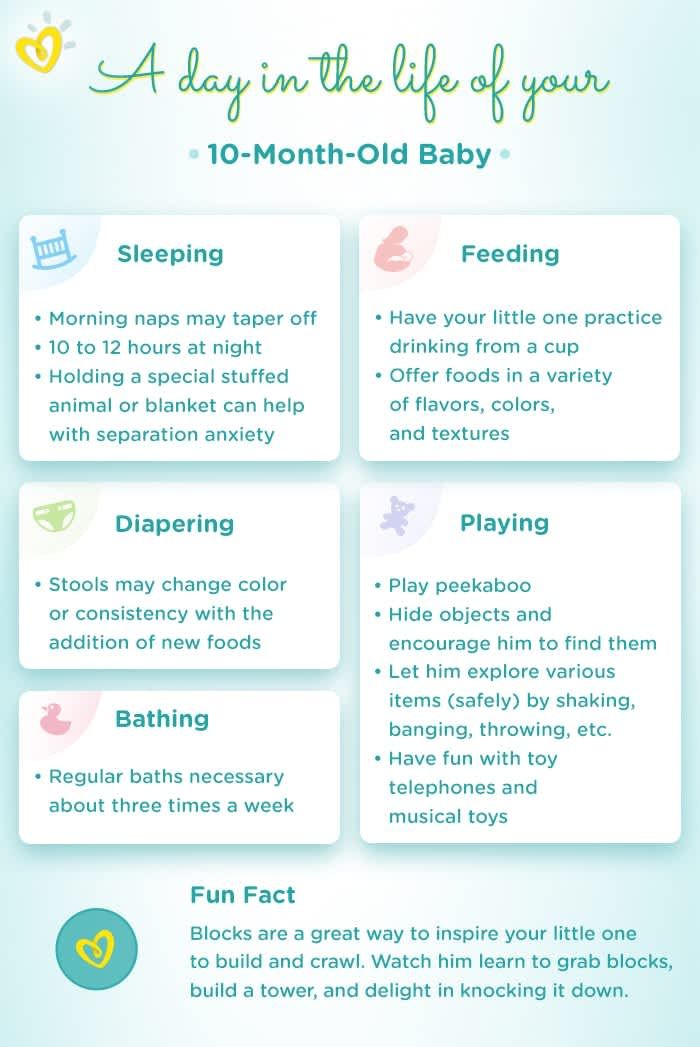 You can put a bright scarf around your neck, slingobuses, any baby rattle on a ribbon. Try a different position with less visibility, such as kneeling facing you or in a sling.
You can put a bright scarf around your neck, slingobuses, any baby rattle on a ribbon. Try a different position with less visibility, such as kneeling facing you or in a sling.
With the introduction of complementary foods, do not rush to replace breastfeeding or mashed formula. The first vegetable or fruit purees are not comparable in calories to breast milk and formula. Occupying volume in the stomach, they reduce milk intake during the day. Complementary foods can fully replace feeding only after 8 months, when it will make up about 20–30% of nutrition and the baby will eat cereals, meat, and vegetables.
On mixed feeding, it is desirable to supplement the baby with the mixture in the required amount after each application to the breast, or feed the mixture by the hour (at regular intervals), and breastfeed on demand.
A working mother who is breastfeeding and co-sleeping has the hardest time reducing nighttime feedings. To do this, you need to feed the baby often enough during the day, a maximum of 3–3.